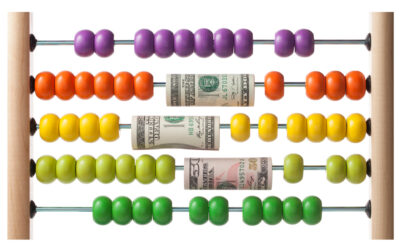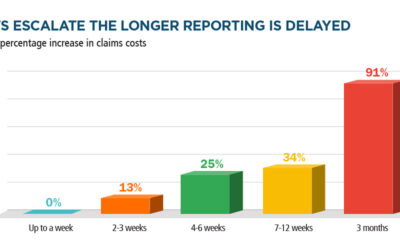A recent study found that three in five workers report eating lunch at their desks at least sometimes. Even if they are just answering e-mails, that’s enough to result in a large fine for the employer if those staff are non-exempt workers. State law requires employers to provide meal and rest breaks to their employees. The state Supreme Court ruled in 2021 that employers are not allowed to round up time-clock punches for employee meal periods and that workers must receive their full break allowance. During their meal breaks, it’s important that workers abstain from working at all. That includes answering calls or checking e-mail.
What’s the law?
Meal breaks after five hours – Employers are required to provide a half hour for a meal break to all non-exempt employees who work more than five hours in a day, unless the shift will finish in six hours or less and the worker and employer agree to skip the break.
- The exception – Meal periods can be taken during work and counted as time worked only if the nature of work prevents relief from all duties and if both the employer and worker agree to working through lunch in writing. Workers may revoke the agreement at any time.
- Second meal breaks – If an employee works more than 10 hours in a day, they are entitled to a second meal break of at least 30 minutes. That’s unless they work no more than 12 hours, and both parties agree to waive the second meal break.
- Rest periods – State law requires employers to provide a paid 10-minute rest period for every four hours worked. No break is required if they work three and a half hours or less.
Who’s exempt?
Some executive, administrative and professional employees. In order to be exempt:
- Their primary duties must be executive, administrative or professional more than half of their time on the clock.
- They must exercise discretion and independent judgment at work; and
- They must earn a salary equivalent to at least twice the state minimum wage.
What you can do
- Require supervisors not to contact workers while they are on their breaks.
- Institute a policy that bars employees from working during their meal breaks or anytime they are not on the clock.
- Have bosses lead by example by also stepping away from work during breaks.
- Have a designated space for your staff to take their lunches. Ideally, it should be equipped with one or more tables, a refrigerator, microwave, plates, cups, glasses, sink and dishwasher.
- Record breaks so that you can prove your employees actually took them.
This is essential in case you are sued.
Provide a mechanism for your staff to record their meal periods, and require them to use it.








